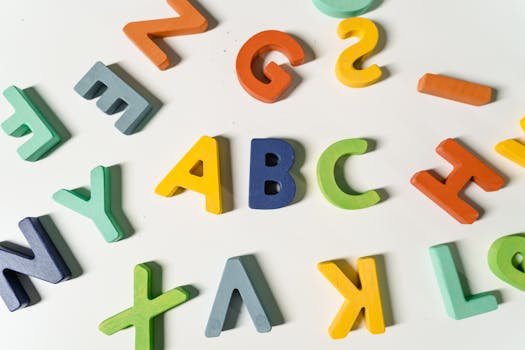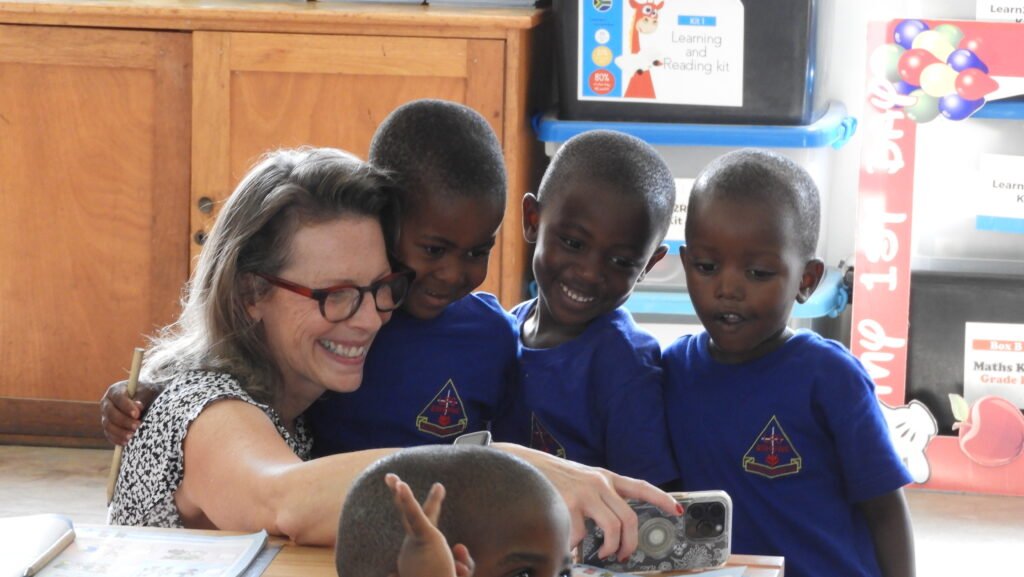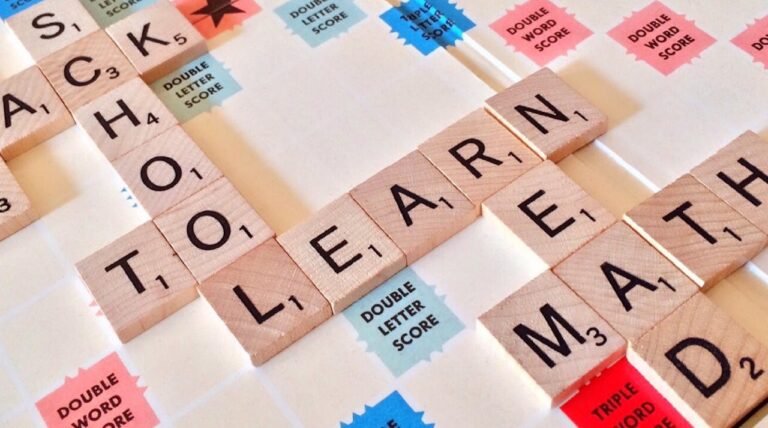Editorials
Every parent wants their child to succeed at school, but good intentions sometimes lead to poor outcomes. Many common parenting practices can unintentionally derail a child’s educational progress, especially in the critical grade school years (Grade R to Grade 7).
The good news? Most of these mistakes are easy to fix once you know what they are.

IF YOU have children in school, you should be worried. If they are teenagers, you should be even more worried.
Unless, of course, yours are exceptional children.
By which I mean, children who can read.
And, no, I don’t mean children who are cerebrally capable of “reading for meaning”, although thanks to PIRLS most people are now aware that more than half of South Africa’s school children battle with this most fundamental of modern life skills.

WITH THE latest half-year exams either in progress or a recent memory, the start of the third term seems like a good time to consider what value exams add to the education process.
Many self-proclaimed progressives would like to see exams consigned to that over-full “dustbin of history”, along with rote learning, chalk-and-talk and overcrowded classrooms. Exams are no more, they say, than tests of the child’s memory and do nothing to promote critical thinking.

Learning a new language as an adult or teenager can feel like an uphill battle – memorizing vocabulary, grappling with grammar rules, and struggling with pronunciation. Meanwhile, babies and toddlers seem to acquire their first language effortlessly, absorbing speech patterns and constructing sentences without formal instruction.

TEST cricket is, we are constantly told by those who know more than we do, is the purest form of the game. This implies that TV-friendly cash machines like the Indian Premier League and its T20 imitators are mere hit-and-giggle pastimes with an obscene price tag.
This will be hard to believe for anyone who watched the raw emotion on display after Virat Kohli had……

AN ARTICLE on the correlation between children being read to at home and their subsequent development in a host of spheres got me thinking about where we are going wrong in South Africa (and please don’t tell me we aren’t, because the last three editions of the international Progress in Reading Literacy Studies prove that we are – beyond argument).

IF YOU HAVE children in school, do yourself a favour and watch the latest “blockbuster offering” on Netflix, a four-part drama entitled “Adolescence”.
It has everything one could want from a television drama.
The plot is a taut story-line about teenage angst, social media bullying and the destruction of a family unit that seems particularly unremarkable until the teenage son is arrested for the murder of a female classmate.

In his book “Outliers” Jamaican-Canadian writer Malcolm Gladwell investigates a wide variety of areas of human endeavour, including education.
He records how the national airline of South Korea went from having the worst safety record of all national airlines to the best – simply by changing the language of all in-cockpit conversations from Korean to English. And he appropriates (without acknowledgement) and makes famous Erasmus’s theory of 10 000 hours of practice being required for anyone to gain mastery of a skill.
AS WE MOVE into the second half of the second month of the year, the wheels at MyExamSlayer are beginning to gain traction.
Our newest employee XMWZ (say Exam Whizz) has completed his English and Afrikaans lessons – his Afrikaans pronunciation is not yet perfect, admittedly – and before the end of the month he will start learning isiZulu.

ONE OF THE more interesting parts of my volunteer work for the Eshowe Community Action Group is going on site visits to some of the rural schools where ECAG has provided expensive infrastructure like classrooms, toilet blocks and science laboratories.
Last week was particularly good for that because ECAG had a visit from two of the board members of US-based NGO Africa Classroom Connection. This Minneapolis-based charity has so far raised enough money to pay for 153 classrooms,

EVERY parent wants the best for their children and, of course, their education is a major part of that. However, it’s almost inevitable that you will be absent from the room when your child is at school (unless you are an educator and your child is also one of your learners).
The result is that most parents learn about what is happening to their child at school from the world’s most unreliable source – the child themself!


As parents, we all want the best for our children, especially when it comes to their education. However, every child learns differently, and understanding how your child absorbs, processes, and retains information can make a world of difference in their academic success and confidence. This is where the concept of learning styles has a serious effect on your child’s educational journey.

SOUTH Africa’s education system is as diverse as its people, with 11 official languages and a rich cultural tapestry. For many children, their educational journey begins in their home language, which is then replaced by English as the medium of instruction starting in Grade 4.
